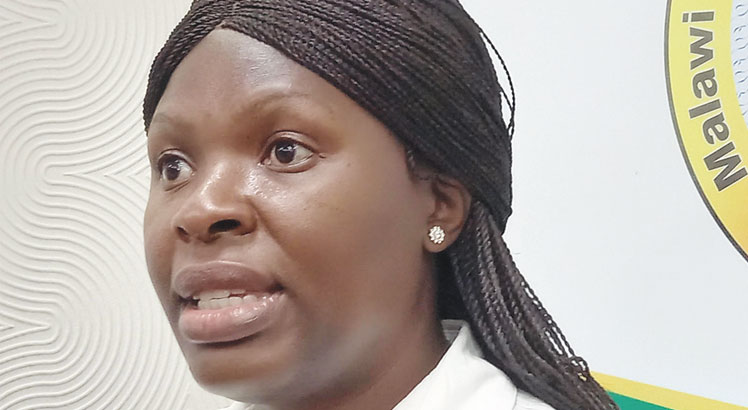Malawi Energy Regulatory Authority (Mera) has asked Electricity Supply Corporation of Malawi (Escom) to revise the application for its proposed 99 percent electricity tariff.
In a statement, Mera said the move follows the dissolution of Power Market Limited (PML) and the subsequent transferring of the single buyer licence to the sole power supplier.
Speaking in an interview yesterday, Mera consumer affairs and public relations manager Fitina Khonje said the regulator will have a clear picture of the effect of the new electricity sector arrangement following the resubmission.
She said: “Escom will have to revise the application for a base tariff.
“From their resubmission and, thereafter, scrutiny of the submission by the l public, stakeholders and the regulator and the outcome of the tariff determination process, we will all have a firm picture of the effect of the new electricity sector arrangement.”

the application
Mera has since postponed the public hearings on the 2022/26 electricity base tariff application which covers the costs of generation, single buyer, system market operator and transmission and distribution activities.
The public hearings were scheduled for January 23 to 27.
Consumers Association of Malawi executive director John Kapito is on record as having said that Escom is not justified to increase tariffs, saying it has failed to perform to the expectations of Malawians.
On the other hand, Malawi Confederation of Chambers of Commerce and Industry warned that the proposed electricity tariff could make it tough for businesses to operate as higher tariffs are detrimental to meaningful production.
In August last year, Escom and PML jointly submitted the proposed tariff upon expiry of the 2018-2022 base tariff schedule.
The proposed 99 percent hike, according to the two parastatals, was meant to cover another four-year period from 2023 to 2026.
Under the 2022-2026 Electricity Base Tariff Application, Escom and PML wanted electricity tariffs to be hiked by 80.75 percent from the current K104 per kilowatt hour to K187.98 in the first year of implementation.
Source:The National News_Wednesday 18 January 2023_ By Grace Phiri
